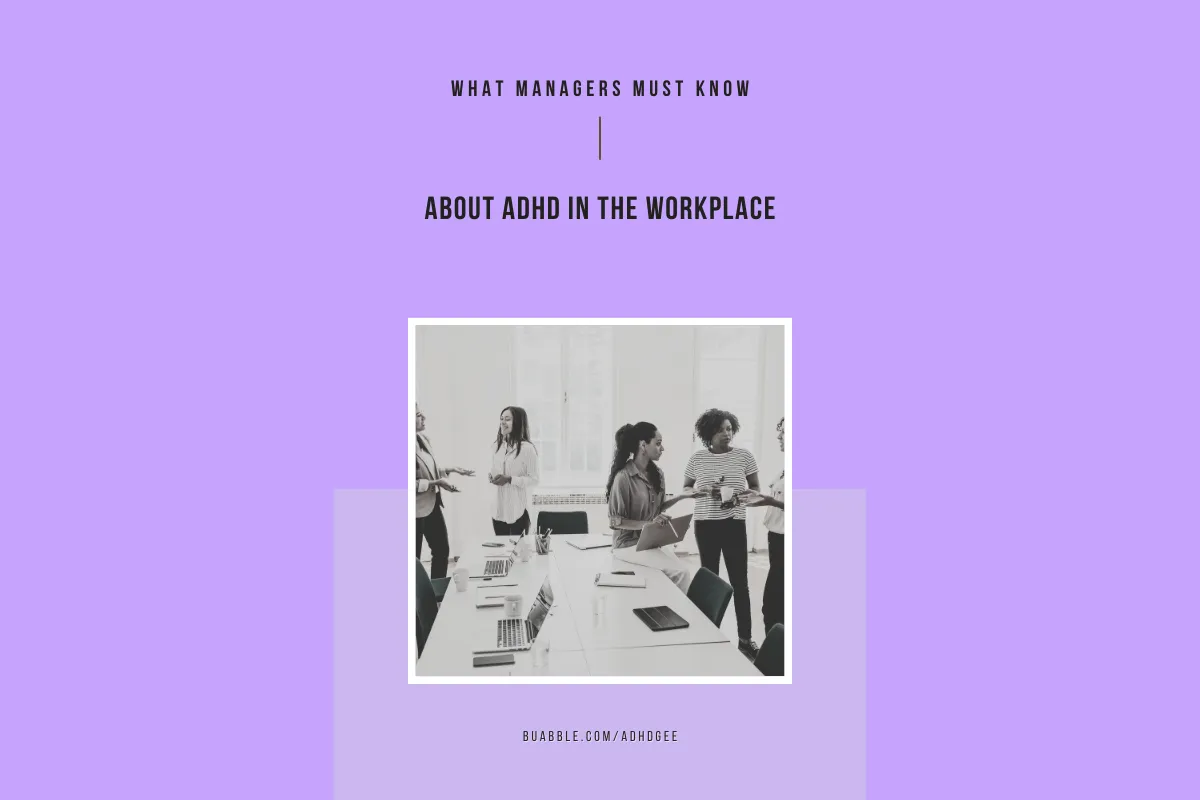
What Managers Need to Know About ADHD in the Workplace
What Managers Need to Know About ADHD in the Workplace
Most people think ADHD just means being distracted or disorganised. But for employees with ADHD, the reality is far more complex, and often invisible.
As a manager, you might not even know someone on your team has ADHD. They may be masking, overcompensating, or silently burning out. That’s why understanding the nuances of ADHD is so important, not just for inclusion, but for performance, trust, and retention.
Here’s what you need to know.

🧠 ADHD Is Not a Lack of Attention. It’s a Difference in Regulation.
ADHD (Attention Deficit Hyperactivity Disorder) affects executive functioning, the brain’s ability to plan, prioritise, focus, and switch tasks.
This means an employee with ADHD might:
Struggle with starting tasks, not because they don’t care, but because of activation paralysis.
Experience “time blindness”: losing track of how long things take or when to start them.
Get overwhelmed in meetings with too much verbal input.
Enter periods of hyperfocus where they lose all sense of time, and forget to eat, move, or rest.
These are not character flaws. They’re cognitive patterns.
❌ What You Might Be Misinterpreting
Missed deadlines = laziness? More likely: time estimation issues, task initiation struggles, or unclear communication.
Inconsistent performance = unreliability? More likely: burnout cycles from masking or overworking to “prove” competence.
Over-communication or under-communication = awkwardness? More likely: a mismatch in communication styles or regulation under stress.
✅ What Managers Can Do
Offer clarity and structure.
Clear expectations, check-ins, and flexible deadlines (when possible) can make a huge difference.Don’t assume. Ask.
Create a safe space for neurodivergent team members to share what works for them. One-size-fits-all leadership rarely fits all.Normalise flexibility.
Allow for different ways of working, like using voice notes, working off-camera, or customising task management.Recognise strengths.
ADHD often comes with creative problem-solving, strategic thinking, high energy, and innovation, if the environment supports it.
Final Thought
You don’t need to be an ADHD expert. You just need to be open, curious, and flexible. When managers lead with empathy, neurodivergent employees don’t just survive, they thrive.
👉 I help organisations audit their workplace practices, train their teams, and coach managers to better support neurodivergent employees.
📩 Book a free Introductory Conversation on [email protected]
📖 Download my free starting list - 5 Ways to Make Your Workplace More Inclusive for Neurodivergent Employees - here
